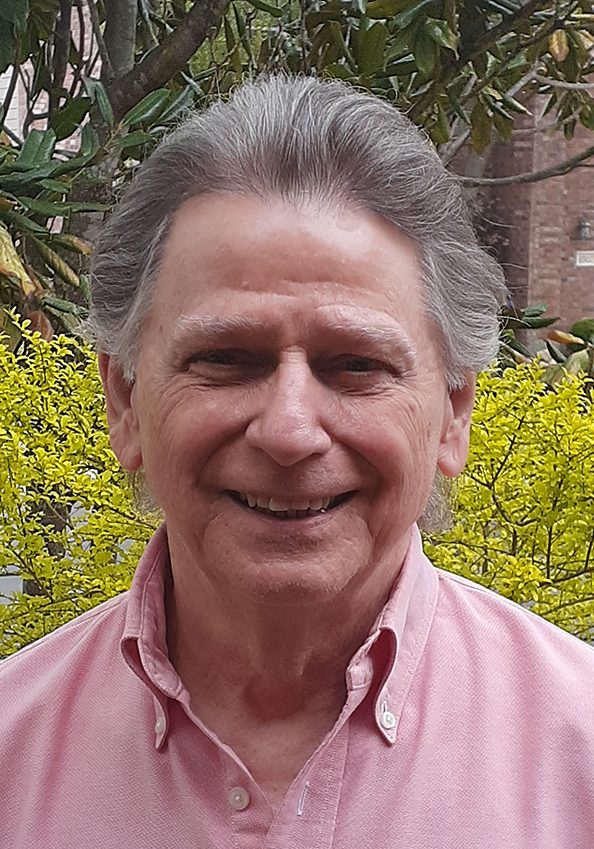
Four Sessions Connecting the Insights of
Transcendentalism and Process Thought
In this four-week course, Dr. Terry Goddard will facilitate a reading and discussion of four of Loren Eiseley’s essays, focusing especially on his view of process thought as it relates to nature.
Attend the live class sessions
or work at your own pace.
Course Description
Loren Eiseley (1907-1977), the mid- twentieth century naturalist, was a man of many talents. Eiseley was trained as an anthropologist and taught for many years at the University of Pennsylvania. He authored several books of essays and poetry. His best-known book is The Immense Journey, a retelling of the story of evolution by way of personal stories, science, and his own immense imagination.
One of his better-known books of essays is The Star Thrower. In it Eiseley brings together the process thought of Alfred North Whitehead and the nineteenth-century transcendentalism, of Henry David Thoreau and Ralph Waldo Emerson. He connects these two philosophies in a series of essays that evince his compatibility with transcendentalism’s affinity for nature and portrays them as forerunners of process thought. Whiteheadian thought, as open and relational, is evident throughout the essays. Moreover, Eiseley shares the belief with process thinkers that all of life, all “actual entities,” to use Whiteheadian language, experience and have value. With transcendentalists and process thinkers, Eiseley affirms that nature has significant importance and value for itself. However, what attracts me to Eiseley’s writings more is his use of language, his “poetic” prose, and his love of nature in all its diversity.
In this class we will read four of Eiseley’s essays with an eye to open and relational thought. The four essays are “The Flow of the River,” “How Flowers Changed the World,” “Judgement of the Birds,” and “Star Thrower.” I will provide copies of each of the essays a week before we discuss it together. Our format will be to come to the class meeting ready to discuss Eiseley’s essay of the week. No pressure, but I hope the class will be a discussion and not a lecture.
“In those first ages plants clung of necessity to swamps and watercourses. Their reproductive processes demanded direct access to water. Beyond the primitive ferns and mosses that enclosed the borders of swamps and streams the rocks still lay vast and bare, the winds still swirled the dust of a naked planet. The grass cover that holds our world secure in place was still millions of years in the future. … They did not reproduce by seeds … [Flowering plants] now seem part of man’s normal environment. The truth is, however, that there is nothing very “normal” about nature. Once upon a time there were no flowers at all.”
–Loren Eiseley
About the Instructor

Terry Goddard has a PhD from Chicago Theological Seminary in the history of religion. He taught world history and world religions for a number of years. Terry writes a blog, many of which address Eiseley and his thought. Terry is also a member of the Cobb Institute board of directors, overseeing the Educational Development group.
Share on Social Media
Help us spread the word by sharing the course on social media.
Tag us @CIC4Process.
Suggested Price
- Lifetime access to session recordings
- Receive early notification of future courses
- Watch live or follow your own schedule
- Interact with class members via discussion forums
- * Contribute whatever you feel the course is worth or whatever you can afford to help support this and other programs like it. No one is turned down for lack of funds.
Got questions? We've got answers. Contact Us.
